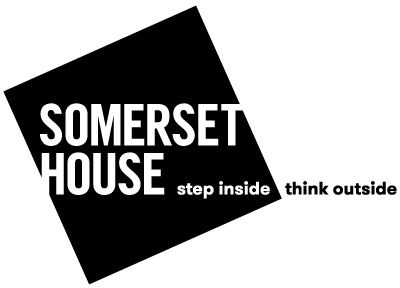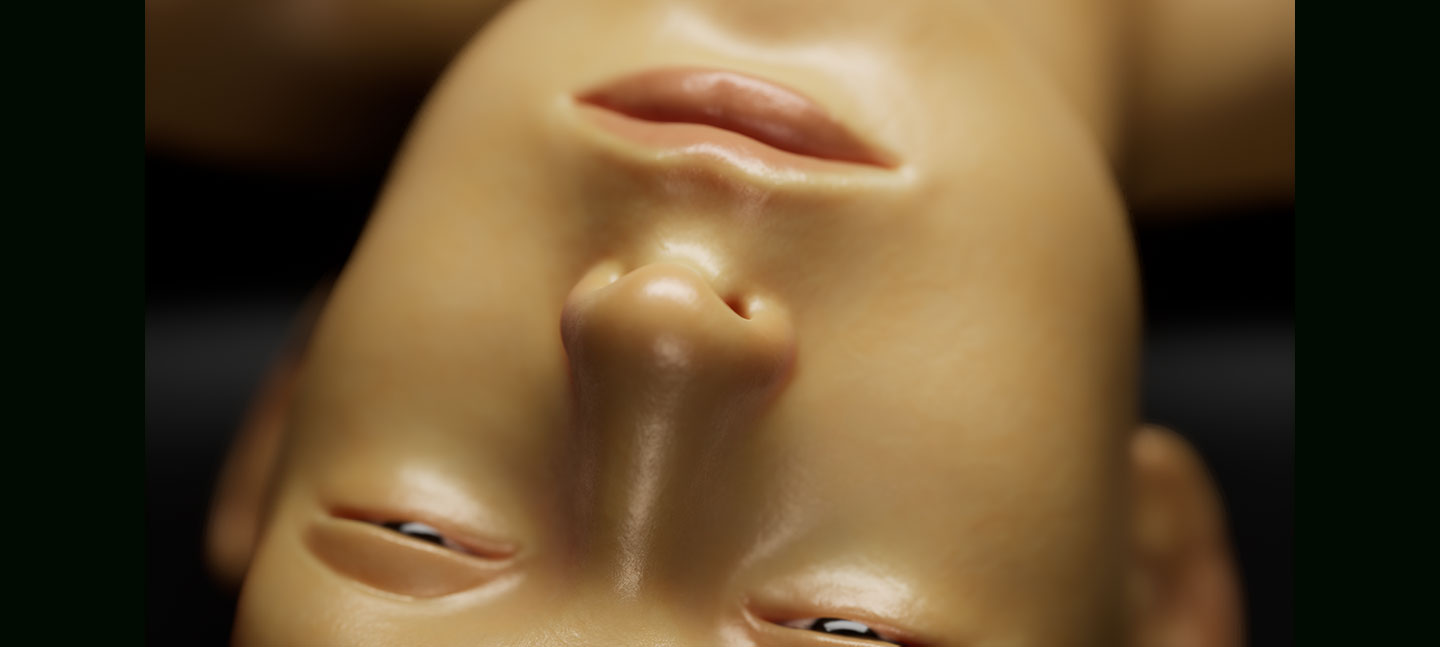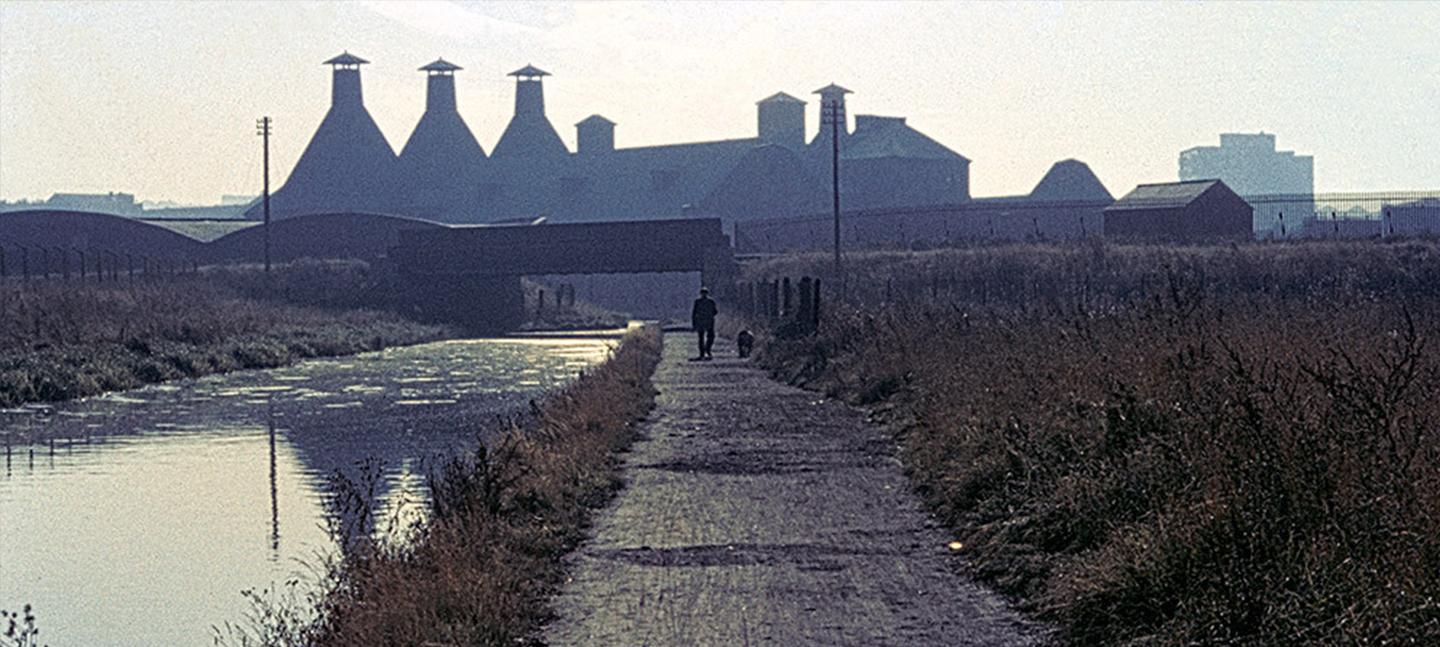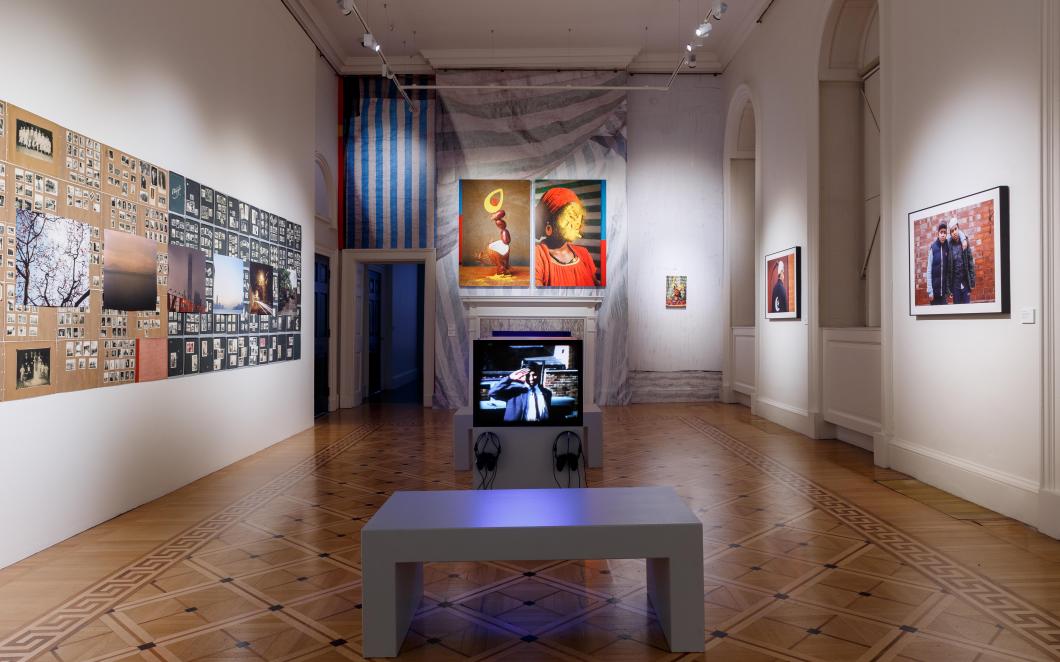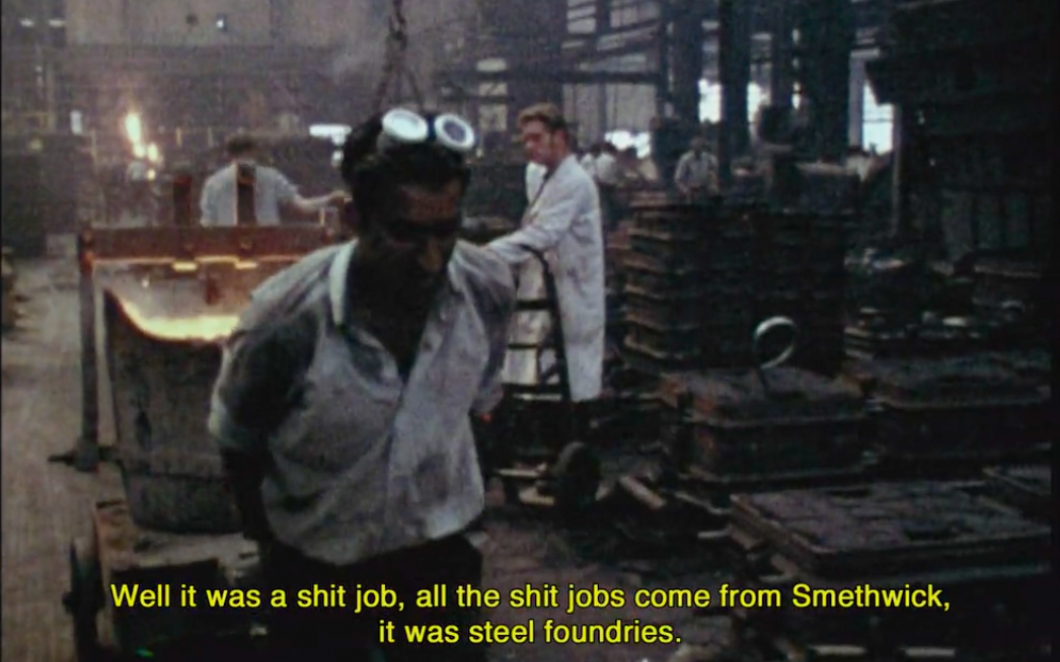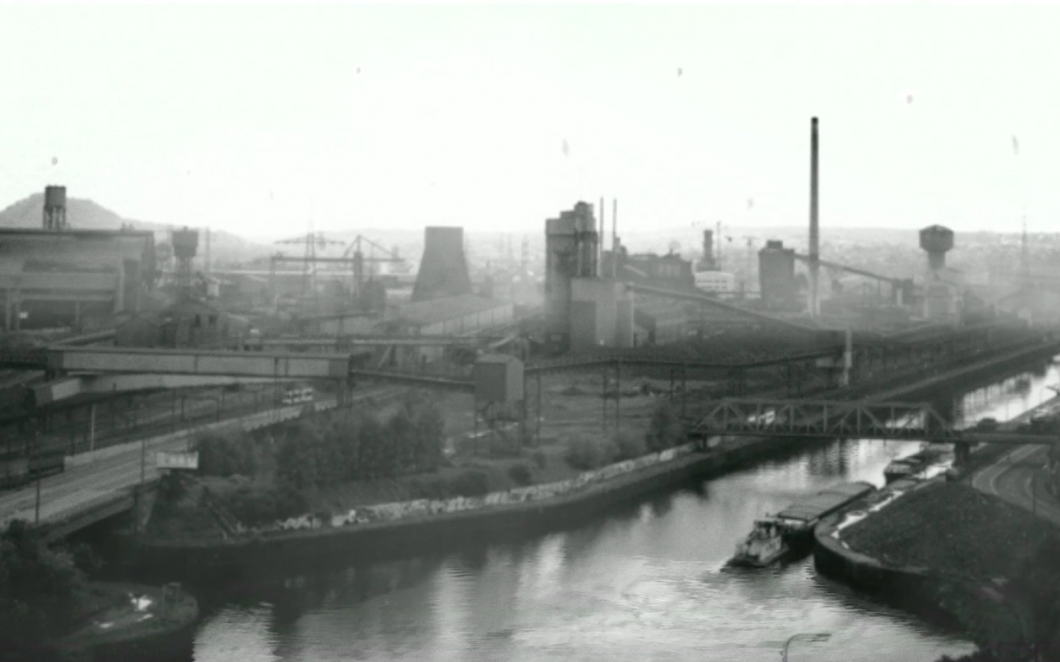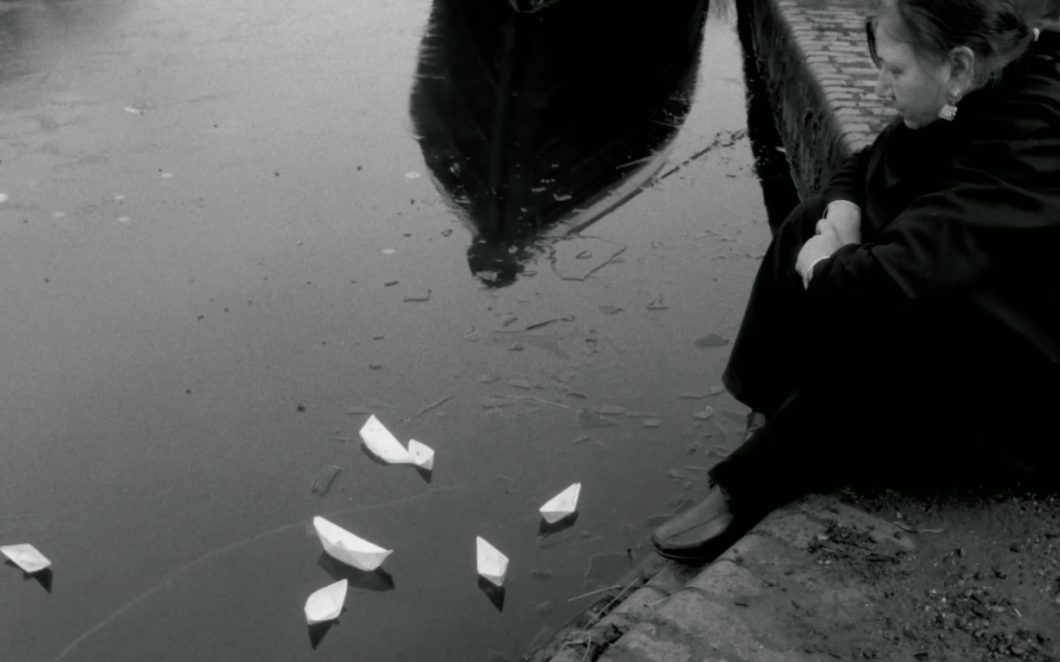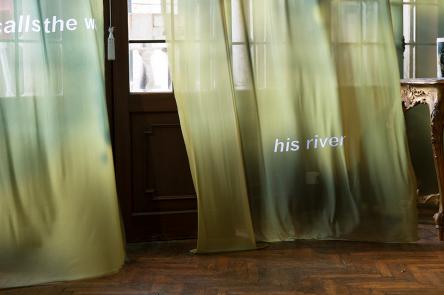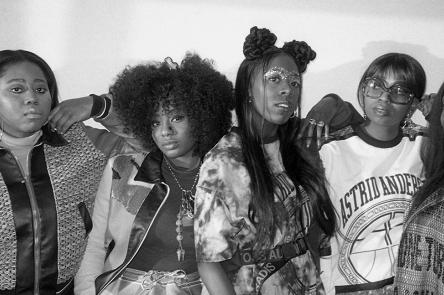
In two films, 'Year Zero: Black Country' and '1965' which feature in which the ehibition Kaleidoscope: Immigration in Modern Britiain, visual artist and filmmaker Billy Donsanjh uses archive footage, original interviews, and “the elusive temporality of cultural memory” to tell the forgotten stories of the South Asian diaspora in his West Midlands hometown. Interview by Niloufar Haidari.
What was the inspiration behind the projects?
I'm obsessed with stories that are at the nook of regional migrant experiences, particularly in industrial towns around Britain. I think linking the nationwide influx of new migrants to three-dimensional, fully fleshed-out emotional narratives is really missing. A lot of the space about the experiences of uneducated migrant workers is dominated by journalists, and sociologists and historians, but not necessarily artists, or storytellers, who use emotion as part of their palette. I wanted to reconstruct a faded memory of life at that time using the archive and local anecdotes. I set off to look for archive in the Black Country in the Midlands, and I ended up finding many more hours than I ever expected.
I really wanted to get under the skin on the inside stories, the comedy, the pathos, to create a new version of British immigrant history with love and emotion and feeling. You’ve got all these people thrown into a vast open sea, with no navigation charts,having all of these discoveries. There are winners and losers, there are people who rejoice in the opportunity there are people who drown in it. I just never see that side of it explored and I think mental health around migration is a grossly overlooked theme. Families that struggle across generational lines to adapt is something that the wider public has really little awareness of, but it's absolutely a feature of life where I grew up.
